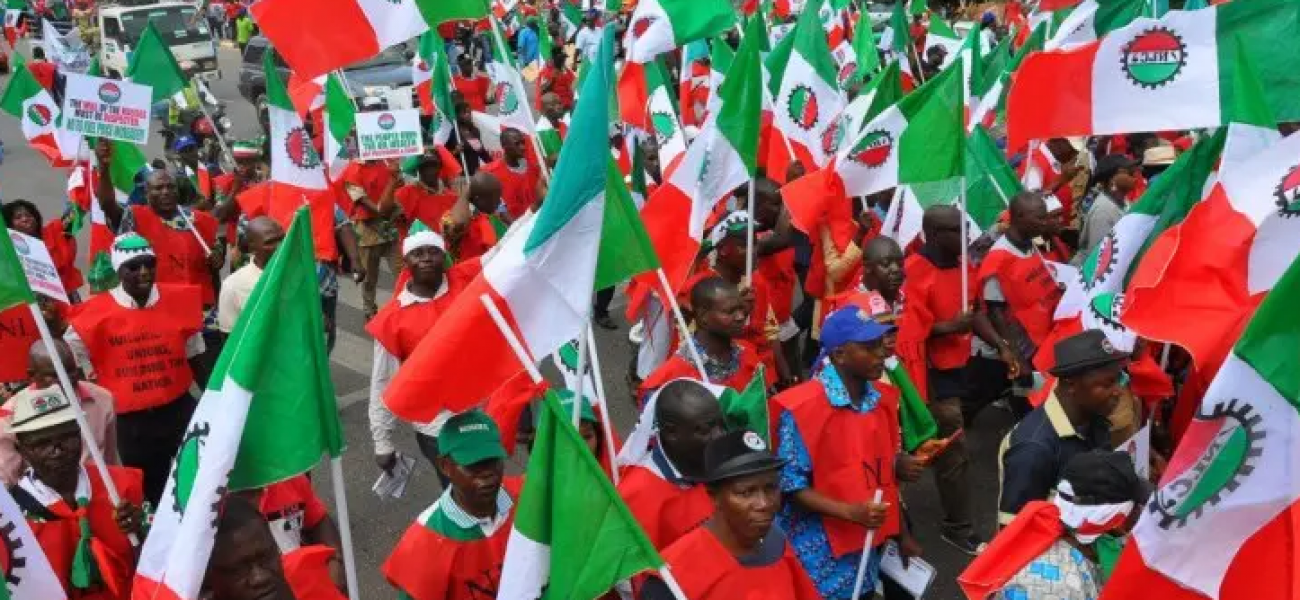The Nigeria Labour Congress (NLC) has announced a nationwide protest to hold on 26th and 27th July 2022, to demand the re-opening of public tertiary institutions that have been closed for over five months due to the strike action by the Academic Staff Union of Universities (ASUU). The NLC’s planned strike is an expression of solidarity for ASUU and other trade unions within the education sector that have been on strike due to the Federal Government’s failure to meet their demands. It will be recalled that a one-month warning strike by ASUU commenced in February 2022 but has since metamorphosed into a full blown strike, lasting for several months.
Recall that the National Executive Council (NEC) of the NLC met in Abuja on 30th June 2022, threatened to embark on a nationwide protest to compel the Federal Government to conclude and implement its negotiations with university trade unions. It issued a 21-day ultimatum to the Federal Government, which will end on 26th July. It appears the NLC is about to make good on its word to embark on a nationwide protest at the end of the 21-day ultimatum.
Industrial action by ASUU is not new and some of the union’s demands have to do with the release of revitalisation funds for public universities, deployment of the University Transparency and Accountability Solution (UTAS) system as its salary payment system instead of the government proposed Integrated Payroll and Personnel Information System (IPPIS), timely payment of academic staff salaries and allowances, and addressing the issue of proliferation of State universities.
Sadly, Nigeria’s public tertiary education system is not the only sector suffering challenges at this time. There are issues of insecurity and economic instability. Prices of market commodities have increased, including petroleum products. In the past few days, it appears that queues at filling stations have reduced, especially within the Federal Capital Territory (FCT). However, this may be connected to increased supply of Petroleum Motor Spirit (PMS) following upward price review of the product by the Nigerian National Petroleum Company (NNPC) Limited. Petrol which was formerly priced at N165 per litre now goes for between N169 and N189 per litre. The price of diesel rose from N300 to over N800 per litre over the course of the last few months. These price increases have in turn amplified the cost of living for households and businesses, without a commensurate increase in revenue. Education, health and other sectors of the economy are in dire need of interventions to make life bearable for the average Nigerian.

